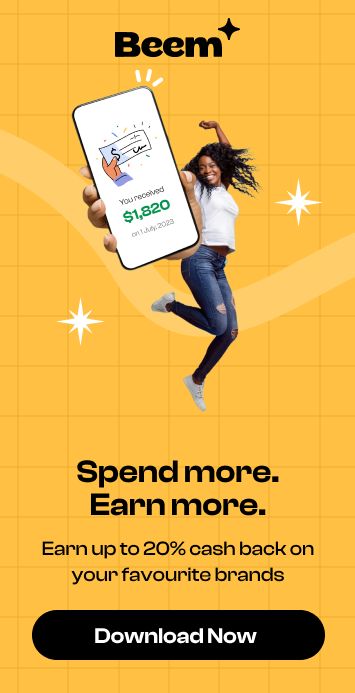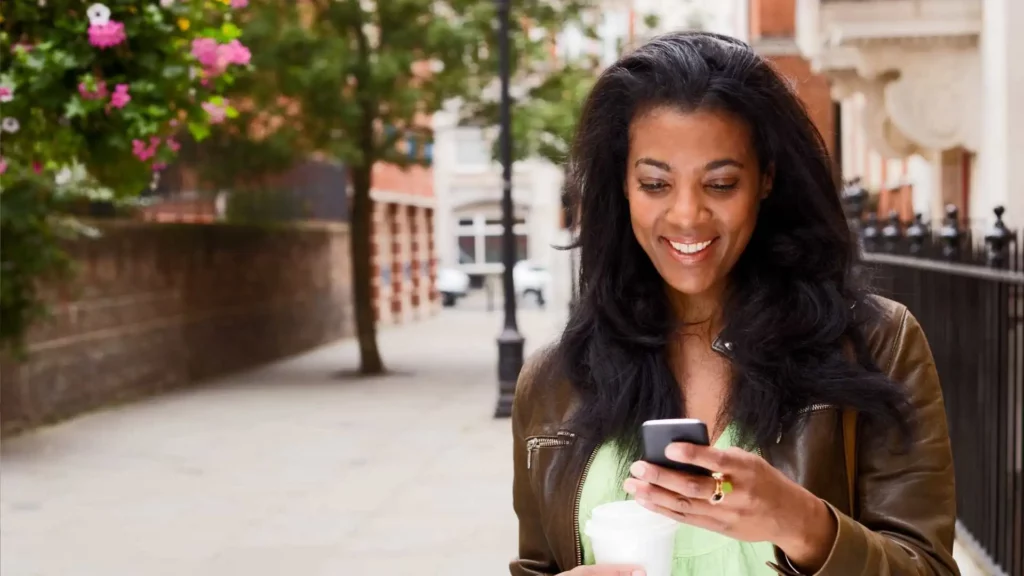Right now, we are facing a global economic recession and the repercussions are being felt by everybody. According to a recent survey, 51% of Americans feel somewhat anxious about their financial situation following the COVID-19 outbreak. Nearly three in 10 (29%) Americans’ financial situation has been negatively impacted since the pandemic started. And, it’s very sad that nearly 73% of Americans die in debt.
While some are facing certain challenges for the very first time and for others the current situation has worsened their livelihood and are feeling helpless. The joblessness has aggravated the existing normal commitments like lack of emergency savings, monthly bill payments, debt balances, or even just food for survival.
The survey data further shows that the number of Americans whose primary financial goal is continuing to pay for housing and basic necessities has jumped 11 percentage points, from 21% when reflecting on their priorities as of January 2020 to 32% in June.
A little effort from your side can help you take over the situation. Here’s a look at 7 ways to help you reach your financial goals and manage the situation.
Track Your Finances like GPS!
You use a GPS to follow and track your destination similarly you first need to understand where your money is going before you can start figuring out how to spend money more wisely. Make a budget and keep it ready following which you can track both your expenses and your income.
What do you do when you reach your destination using a GPS? Next time, you really will not need it and can reach the desired location without the need of turning it on. Likewise, once you identify where your money is going, you can start looking for opportunities where it could be judiciously spent.
Decisions Are Like Binoculars
Binoculars are used to look at objects that are unclear and are too far to be visible to the human eye.
The same applies to finances as well, if you want to look at long-Term benefits then your decisions act like financial binoculars.
Your impulsive decision of making more purchases then the future can look very scary and nothing productive in your sight. It is fine with a $1 chocolate bar at the supermarket, but the bigger problem is for larger purchases. Before you buy or spend on something, think umpteen times about how it will affect you in the future.
Is it going to put you in debt? How long will you take to earn it? How long will your income last? Is betting the value of your money on something to get you out of it over its lifetime and worth the cost?
These are questions that should strike your mind so that you can decide if something is really worth buying.
Credit Cards Are Like Quicksand
Quicksand looks normal from the outside until you step on to it. For years, people have been misguided about the benefits of credit cards. How many of us know that it is a hindrance to our finances? After all, they are convenient for rich people who can afford to have it and to be more precise for those who know how much they have so that they can pay later.
For commoners, it is the other way around; you have no clue about how much you have to pay for the money borrowed. However, the real reason is since you do not have money it makes no sense to have a credit card if you are unable to fully pay it off at the end of the month.
If you clear off your credit card balance each month, incurring any interest charges is taken care of and it will essentially be the same as paying cash. But, if you fail to pay off your balance each month, the interest accrued can quickly derail you and spiral out of control. The majority of the crowd falls for this trap.
In short, a credit card postpones your payment and doesn’t close it off and it is ultimately you who has to suffer the ordeal of sticking to the deadline of paying it in time and pay the price of interest and penalty for the delay in repayment.
Let’s understand this deal in a simple way; the credit card issuer makes money by collecting the service charge. When you default, the extra interests paid by you go to the issuer. What did you gain? Nothing, only lots of stress and added debts.
Stop Impressing Other People
Stop getting into the shoes of others because you might not live up to the expectations and maybe it is not even worth it.
There is nothing wrong with aiming for something that is your goal like buying a car or a house, what is unnecessary is working towards that goal just to show off even if you can own it.
Look closely, spending far too much money to maintain an image is something each one of us would have thought of at some stage in our life. From brand-name clothing to costly dinners, it simply does not count in the long run because it is not what you can, it is how much you can (savings).
Buy or invest in the things that you yourself enjoy and don’t fall prey to the false feeling of your emotions taking control of your mind to commit a blunder that you can’t even regret but blame yourself for doing one.
Recheck Your Habits That Drain Your Budget
As humans, we all have habits while some are good some are bad in fact unhelpful too. Yes, your spending habit is a concern if it is stopping your funds from going into savings.
Tracking your finances is a cakewalk but what precedes that is very important and frustrating. Your spending habits can be anything from eating out frequently, clothing, or something that is showing a regular trend and increased expenses.
An unchecked spending habit is nothing less than gambling and can disrupt the idea of savings in a short span of time. It’s simple, for instance, if you take away all the daily expenses then whatever you are left with needs the actual attention. The leftover funds require thoughtful handling and that is where your spending habits come into play.
Factors like these always need constant monitoring by default as they are common emotions expressed by humans.
Value Savings Over Products
Some people need guidance, some are adamant and stubborn, some are unfocussed, and some are lazy and reluctant while for some it comes naturally. People who belong to the last category become a pro and know how to play around with their money.
For a few others, money is something that refuses to hang around and they spend the moment it reaches their hands, and anything else feels like a drag or wasted opportunity. If you fall into this category then you should try to value savings over products.
In the end, without a doubt, any money saved or invested will almost always come to your rescue and benefit your life in the present and future. In contrast, the money spent on products will wear out. We no longer live in a barter system where you could buy or trade with objects that you had and pass them on to you through ancestors.
No Rules, Just Do It
If you think spending your money wisely is enough then you are getting it wrong. Just avoiding unnecessary purchases is also effective action. If you can take the money that you save and use it for things that will help you reach your financial goals then it makes sense.
Stop following rules instead create them and go for it. At the end of the day, the agenda remains the same, save money. We all know what it takes to be good and do well in life but somehow it never happens. Saving money is an effort to make it successful and achieving even half of it will give you the desired satisfying results.
Rules are for people who refuse to follow something which otherwise should happen naturally. It brings a sense of discipline to everybody. Imagine you are driving and following the traffic rules is necessary to avoid accidents, pedestrian safety, and avoid traffic jams. But, there are times when you can lose control of the vehicle and be forced to breach the rules. And, you pay a hefty fine.
Starts saving anytime you want at least you don’t have to borrow from someone. Of course, an emergency will drain your savings but you have a back-up if you don’t then that is fine you pay for not adhering to the rules which are savings.
No Starting Point
There’s no such thing as a fixed point on when to start investing or how much to invest. Two things that are important for you to consider are your age and need.
If you are employed with a continuous source of income and aware that you have a timeline before you retire with a secure job then savings is less priority. If you are walking on a tightrope and unsure about your financial health then savings become unavoidable in the event of losing your job.
Another crucial factor is if you have a medical condition to deal with then saving money for the medical bills is necessary. The COVID-19 crisis would have drained all your savings and in worst cases, you are left jobless too then think about how you are going to survive this and not push yourself to save money that will be too less or insignificant.
If the daily expenses are making you slog hard to manage then opt for an emergency fund that is interest-free and gives you enough breathing space to have some liquid cash.
Age can be a deterrent only when you are old and your mind and body are no longer supporting your wishes. Saving money during your teenage or middle age even for a period of 5 or 10 years gives you the courage to face any financial crisis.
Overall, necessity is the mother of invention and a shortage of money will activate your grey area of the brain to come out with ways to safeguard your hard-earned money which is the financial instinct everyone has hidden inside only to be expressed during a crisis.
The ways we discussed are just to clear the mental blockage one experiences during hard times and it is left for you to decide and work constructively for a trouble-free and secure future.

























